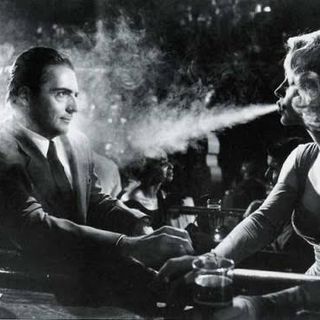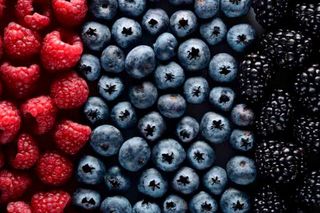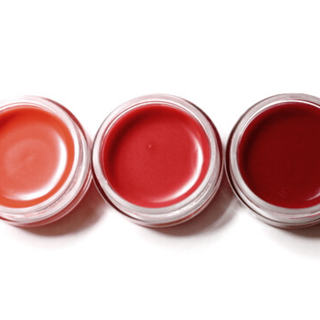
Untrending: Antioxidants Can’t Cure Cancer, Preserve Youth
Antioxidants do have health benefits — but in high amounts, their effects can backfire.

So, it’s the new year. You’ve sworn to eat healthier. You’re going to eat more of those superfoods you’ve been hearing about. You’re going to drink more green tea, maybe even take some antioxidant supplements. 2020 is The Year.
Except — antioxidants, especially antioxidant supplements, aren’t 100% good for you. Antioxidants supplements, if not prescribed by a doctor, will at best do nothing for you — and at worse actually worsen health.
First, a quick primer: Antioxidants are molecules that protect our DNA and cells from a process called oxidation, explains Jacqui Adcock, a research fellow in analytical chemistry for Deakin University, Australia, in an article for The Conversation. Oxidation isn’t always bad, but for the purposes of the process that antioxidants fight, you can think of it as a rusting of our DNA and cells. Antioxidants protect against oxidation by binding with free radicals — the molecules that cause the ‘rust.’ Like oxidation, free radicals aren’t all bad; in fact, the body even makes them naturally, a process that can be heightened — and free radical production increased — by stress, poor diet, pollution, smoking, and alcohol use. Just as rust on iron is a sign of aging, damage from oxidation caused by free radicals is believed to be one of the causes of aging; it is also thought to contribute to cancer-causing genetic damage and mutations as well as against chronic diseases like cardiovascular disease.
Related on The Swaddle:
There’s No Such Thing as a Superfood
Hence, all of the big claims by antioxidants: Antioxidant-rich foods, such as kale and blueberries, have come to be labeled ‘superfoods’ over the years. Antioxidant-rich beverages, like matcha, have become crazed fads. Some antioxidants that may sound familiar include: vitamin C, vitamin E, carotenoids (including beta carotene and lycopene), selenium, zinc, and phenolic compounds (including catechins). These and other antioxidants, if marketing is to be believed, are the fountains of youth.
But while a normal, balanced, healthy diet will get you all of the antioxidants you need, the hype around the seemingly magical molecules has led to a rise in antioxidant supplements — which don’t have the same effect as antioxidants consumed in food. At best, these supplements, if not prescribed by a doctor, will have no effect on health; at worst, they actively degrade health.
Antioxidant supplements are highly concentrated forms of the same antioxidants the body makes naturally or consumes in food. For some people, like pregnant or breastfeeding people, certain antioxidant supplements are necessary. But for most, generally healthy people, they don’t have the same effect against free radicals as antioxidants produced naturally by the body. In fact, high use of antioxidant supplements have been shown to have the opposite effect — it increases oxidation and thus, cellular aging. Research has found high intake of some antioxidants may get in the way of accruing health benefits from physical activity. High antioxidant intake has also been linked to increasing the likelihood of cancer; for instance, studies have connected the antioxidants N-acetylcysteine and vitamin E with the spread of lung cancer in cancer patients, and beta-carotene supplements can increase a smoker’s likelihood of getting cancer and dying from it.
Bottom line? Unless directed by a doctor, you likely don’t need to worry about taking antioxidant supplements. As long as you’re eating a balanced, healthy diet, you’re likely getting all you need — and thus all of the health benefits of antioxidants with none of the risks.
Liesl Goecker is The Swaddle's managing editor.
Related


Narcissism Not a Lifelong Trait, Changes Over Time and With Age: Study
